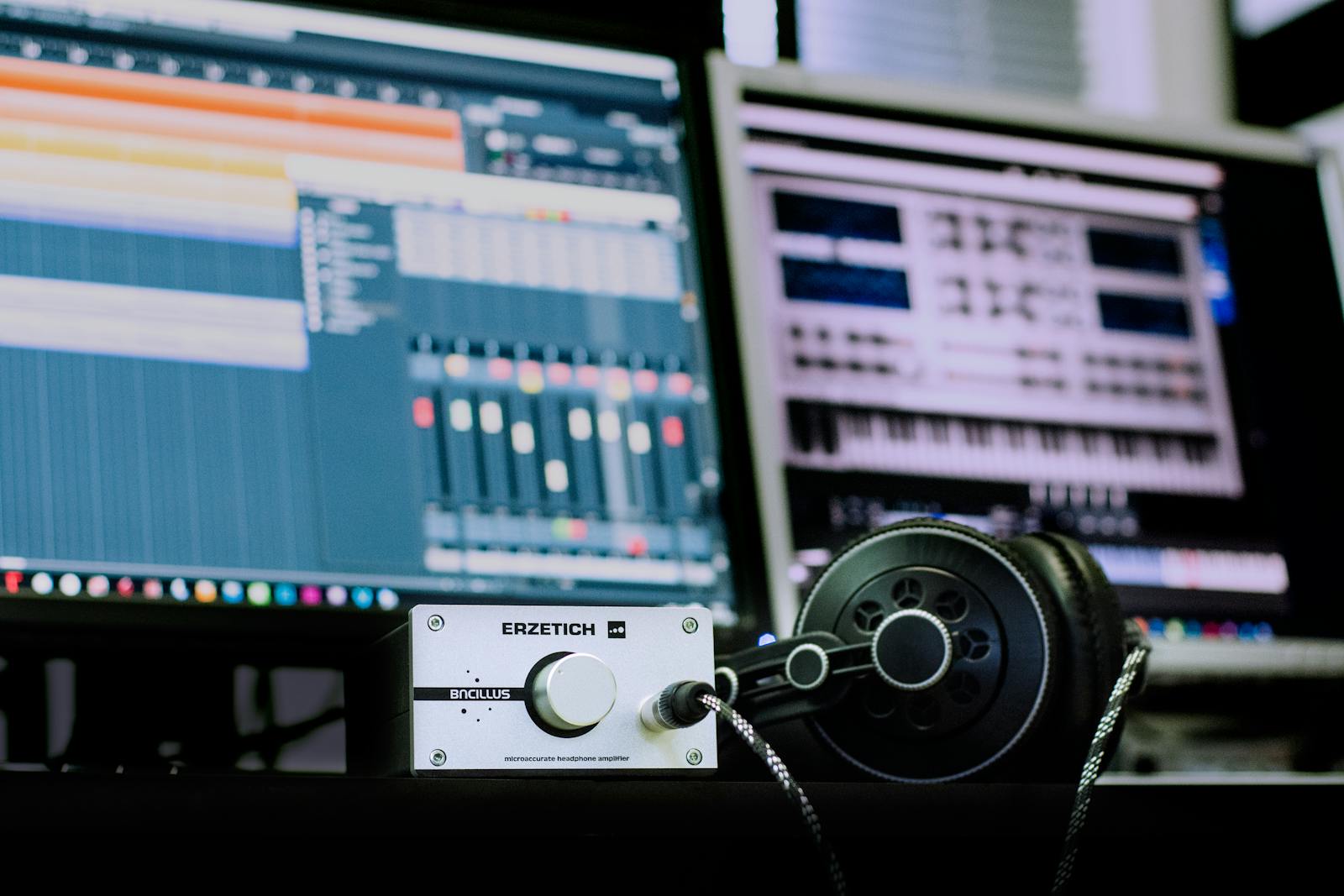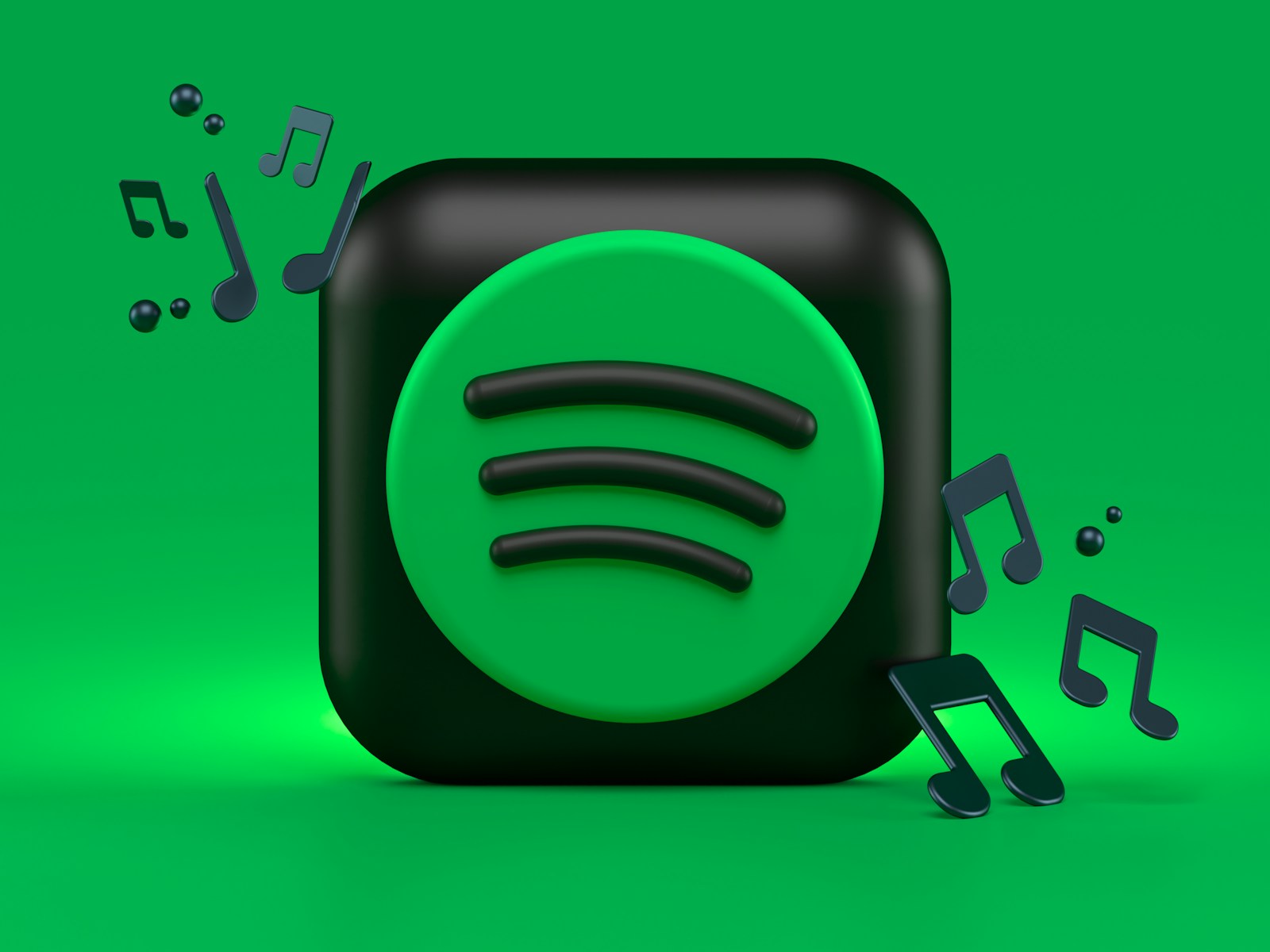Universal Music Production
In today’s interconnected world, music production has become a universal language — crossing borders, genres, and generations. From a humble laptop setup in Lagos to a state-of-the-art studio in Los Angeles, the tools, techniques, and spirit behind music production share a common thread. But what exactly is “universal music production,” and why should you, as an artist or producer, care?
What Is Universal Music Production?
Universal music production refers to the global, borderless approach to making music. It means embracing tools, styles, workflows, and creative philosophies that are shared and adaptable across cultures. It also means that a beat made in Tokyo can be rapped over in New York, sung on in Cape Town, and remixed in Paris — without losing its soul.
The Global Language of Sound
At its core, this approach blends traditional knowledge with modern innovation, resulting in a hybrid that reflects our shared human experience. Universal Music Production is the term for music made for everyone, everywhere — yet deeply rooted in local identity.
Why It Matters Now More Than Ever
- Global Collaboration Is Easy: With the rise of digital audio workstations (DAWs), cloud storage, and platforms like Splice, BeatStars, and SoundCloud, it’s easier than ever to collaborate with other musicians worldwide.
- Access to Tools Is Democratized: A bedroom producer with a laptop and a pair of headphones can make chart-topping hits. You no longer need millions of dollars in studio gear to make professional-sounding music.
- Cultural Fusion Is the New Wave: Afrobeat drums are found in pop music. Latin rhythms are sampled in trap beats. Indian melodies are flipped into R&B tracks. Universal music production thrives on this fusion.
Key Elements of Universal Music Production
- Versatile Sound Design: Producers today use a blend of acoustic, digital, and experimental sounds. One track might feature analog synths, ethnic percussion, and a vocal sample from a street recording.
- DAW-Agnostic Skills: Whether it’s FL Studio in Nigeria, Ableton in Berlin, or Logic Pro in LA — the core production knowledge is transferable.
- Cultural Awareness: Great producers study and respect the origin of the sounds they use. Understanding the meaning behind a drum pattern or vocal style brings depth to a track.
- Remote Workflow Mastery: Sending stems, organizing sessions, and finishing tracks without ever meeting in person is now standard practice.
How You Can Embrace Universal Production
- Study Sounds from Other Cultures: Dive into traditional instruments and scales. Try producing a track inspired by a region you’ve never explored.
- Collaborate Online: Use social media and music platforms to link with vocalists, instrumentalists, and engineers across the globe.
- Stay Tech-Savvy: New plugins, virtual instruments, and AI tools are changing the game. Stay updated.
- Think Global, Stay Authentic: Blend global sounds, but don’t lose your unique identity. That’s what makes your music stand out.
Conclusion
Universal music production is not just a trend — it’s the future. As more musicians connect across borders and cultures, the lines between genres blur, and a new global sound emerges. Whether you’re just starting out or already producing hits, understanding and embracing this global approach will help you evolve in today’s music landscape.







